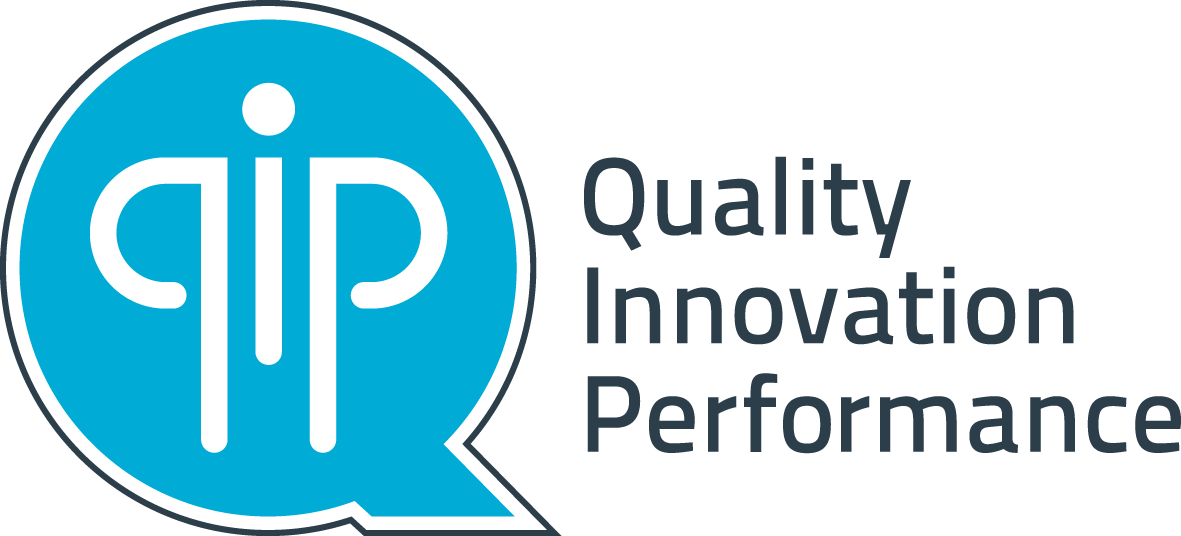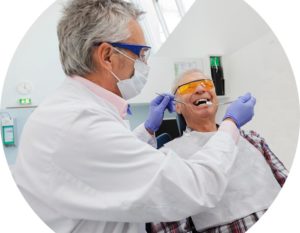Dental Practices – Private Accreditation
Supporting Quality and Safety in Dental Care
In consultation with The Australian Dental Association (ADA), consumers, healthcare providers and services, professional and peak bodies, Primary Health Networks and other sector representatives, the Australian Commission on Safety and Quality in Health Care (ACSQHC) developed the National Safety and Quality Primary and Community Healthcare Standards (the Primary and Community Healthcare Standards).
The ADA has confirmed that the accreditation program for private dental practices will transfer from the National Safety and Quality Health Service (NSQHS) Standards (first edition) to the Primary and Community Healthcare Standards from 1 May 2024. Prior to this date, private dental practices will continue to be assessed against the NSQHS Standards (first edition).
As a voluntary process, accreditation against the Primary and Community Healthcare Standards aims to improve healthcare delivery and protect the public from harm. This process also supports teams to build a culture of quality, educating and engaging staff in enhancing day-to-day operations, whilst providing an opportunity to gain a competitive advantage.
The program is assessed against the three Primary and Community Healthcare Standards of Clinical Governance, Partnering with Consumers and Clinical Safety.
Accreditation against the Primary and Community Healthcare Standards reassures patients and consumers that dental practices are adhering to industry regulations and guidelines, and they are committed to quality improvement, patient safety and quality care.
QIP clients receive unlimited and complimentary accreditation support as part of their accreditation benefits.
Accredited dental practices establish a competitive advantage over non-accredited dental practices by promoting the quality and safety of services to patients and the local community.
Ready to register your dental practice for accreditation?
Visit ADA's website to commence the registration process
Pathways to dental practice accreditation
Practices participating in accreditation against the Primary and Community Healthcare Standards receive support from both ADA and QIP, and with access to streamlined processes and useful resources, allocation of the time and effort required to achieve accreditation can be optimised.
Undertaking accreditation supports private dental practices to commit to continuous quality improvement and formally demonstrates compliance with the Primary and Community Healthcare Standards that includes quality, safety, and good governance.
The first cycle of accreditation provides private dental practices with two years’ accreditation from the date accreditation is awarded, with a 2 year subsequent cycle.
Private dental practices will be required to undergo assessment via a desktop assessment.
The Accreditation Process
- Registration – Practices register for accreditation under the Primary and Community Healthcare Standards through ADA's website, gaining immediate access to accreditation support and resources required to begin the quality improvement journey.
- Self-assessment is conducted internally against the Primary and Community Healthcare Standards.
- Application of self-assessment to QIP.
- Assessment – A QIP Assessor team conducts a desk-top assessment to review the practice’s compliance against the relevant Primary and Community Healthcare Standards. The QIP Assessor team will prepare a survey report for submission to QIP.
- Decision - An independent decision is made about a practice’s accreditation status by a QIP Accreditation Decisions Maker.
Subsequent accreditation cycles
Once a dental practice has been through their initial round of accreditation, they enter their re-accreditation cycles. Private dental practices will have a desktop assessment only with a two (2) year cycle.
Benefits of accreditation
Consumer confidence
Reassures patients and the local community of a health services’ commitment to deliver quality-focused services and care.
Reduce business risk
Allows for ongoing review, monitoring & improvement of systems, processes & culture; enabling risk management & mitigation.
Quality team
Educating and engaging a health service’s team in the process of quality improvement can build a culture of quality among staff.
Industry benchmark
Offers confidence to patients of the service delivery and care provided and can assist health services to meet regulatory requirements for funding incentives.
Quality improvement
Reflects a health service’s commitment to continuous quality improvements in systems, processes, policies, culture, risk management and staff management.
Enhanced services
Provides opportunities to identify areas for improvement and implement solutions to enhance patient care and service experiences.

